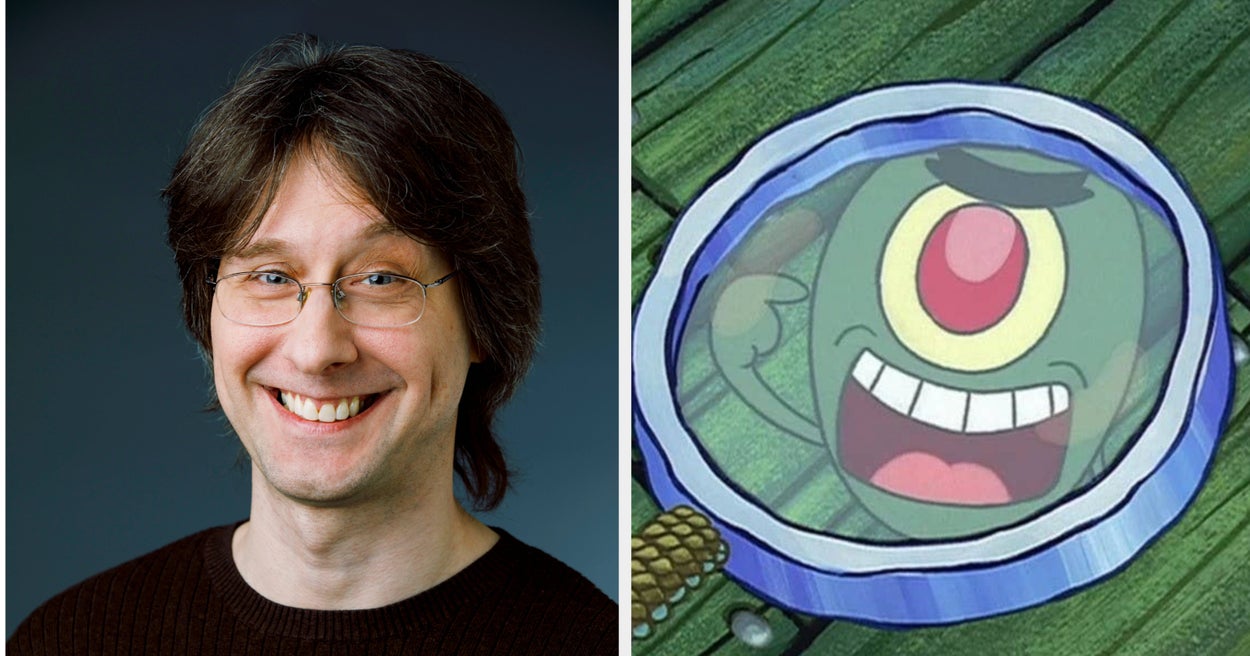We’re freaking out, and I’m about to burst into tears, but the kid I was with just had a massive meltdown. He just freaked out. And I went, “It’s okay, man, you know, we’ll find our way.” I went up to the bus driver, and I told her where we were supposed to go, and she said, “It’s okay. When I’m done, I’ll drop you off.”
Of course, our mothers were waiting at the bus stop, wondering what happened, and luckily, they stuck around. It probably wasn’t even that long. It was probably 20 minutes later, a half hour later, by the time she brought us home, and my friend was just a mess by the time we got there. It was super traumatic, but it was one of those life lessons at a young age where you learn you don’t have to freak out. It’s not like we’re alone here, stranded in the middle of nowhere, though SpongeBob is really stranded in that episode.
That became the basis for “Rock Bottom,” and that’s how a lot of episodes came out. It’s stuff that kids could relate to right away and go, “Yes, that happened to me,” and then see the way SpongeBob deals with it. He’s scared, and he’s a little terrified, but he learns to cope with the fact. Like it or not, traumatic things that happen are perfect for comedy.
It’s the old cliché to write what you know. Write about your experiences, as small as they are, as little as they are, especially on a comedy show where a lot of visual craziness happens. For example, SpongeBob not being able to tie his shoelace—that’s such a little thing, but you can blow that up into comedy, really big. You can just take that and expand, and that’s what we’re looking for all the time on the show, even to this day. That’s the comedy gold. Often, it’s the simplest stuff, and that’s the best stuff.
